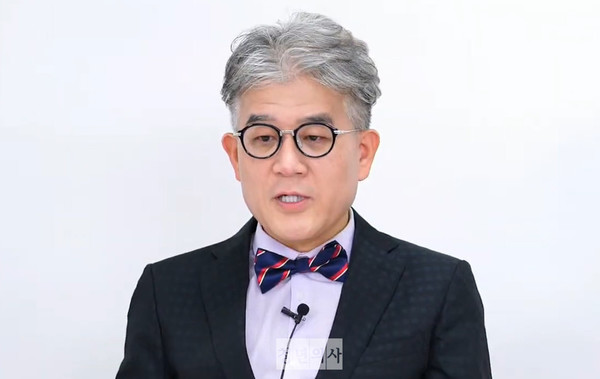Korean pharmaceutical companies are taking advantage of hype on Covid-19 drug candidates to raise their stock prices, a health expert said.
Professor Howard Lee at the Department of Clinical Pharmacology and Therapeutics at Seoul National University Hospital appeared on a YouTube show Tuesday to explain investigational Covid-19 treatments and vaccines.
Lee is a family medicine specialist. After graduating from the SNU College of Medicine, Lee worked as an assistant professor at Georgetown University School of Medicine in the U.S. He also served as a guest researcher at the U.S. FDA. He also has experience of participating in a local drugmaker’s new drug development.

The Ministry of Food and Drug Safety has approved 24 clinical trials on Covid-19 treatments and vaccines. Among the 24 trials, five have ended, and 19 are ongoing. Seventeen studies are testing Covid-19 therapies, and two, vaccines.
Lee cited Celltrion’s case as an example where a drugmaker relies on intensive publicity on Covid-19 treatment news to stoke up stock prices. Celltrion is working on a Covid-19 neutralizing antibody.
Earlier, Celltrion obtained the regulatory nod for phase-2 and phase-3 trials on the experimental Covid-19 treatment, CT-P59, simultaneously, in patients with moderate to severe Covid-19. After the phase-2 study on 300 patients ends, the phase-3 research on 720 patients will start immediately. Celltrion said it planned to carry out the trials on CT-P59 in five other countries, including the U.S. and Romania.
The regulator’s simultaneous approval of phase-2 and phase-3 trials was unprecedented, Lee said.
“The phase-1 study tested CT-P59 on healthy people and patients with moderate Covid-19. It confirmed that the drug did not cause a serious problem,” he said. “The simultaneous approval for phase-2 and phase-3 studies is very unusual.”
Lee admitted that every company had the right to promote its products adequately. However, Korean investors seem to accept pharmaceutical news too naively, he said.
Stock prices jump on the announcement of clinical trial results even though drugmakers do not present detailed data, he noted.
Multinational drugmakers such as Pfizer and AstraZeneca release detailed data through a peer-reviewed paper, Lee said. In contrast, domestic companies say their trials did not have a problem but do not provide specific data through a document so that experts can assess, he claimed.

